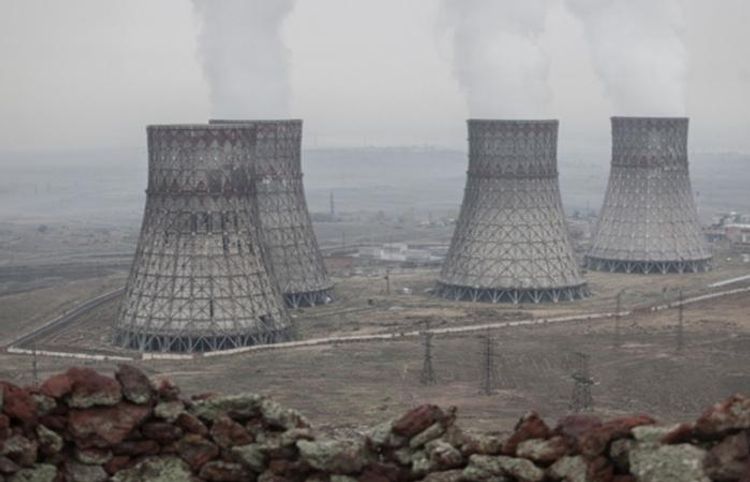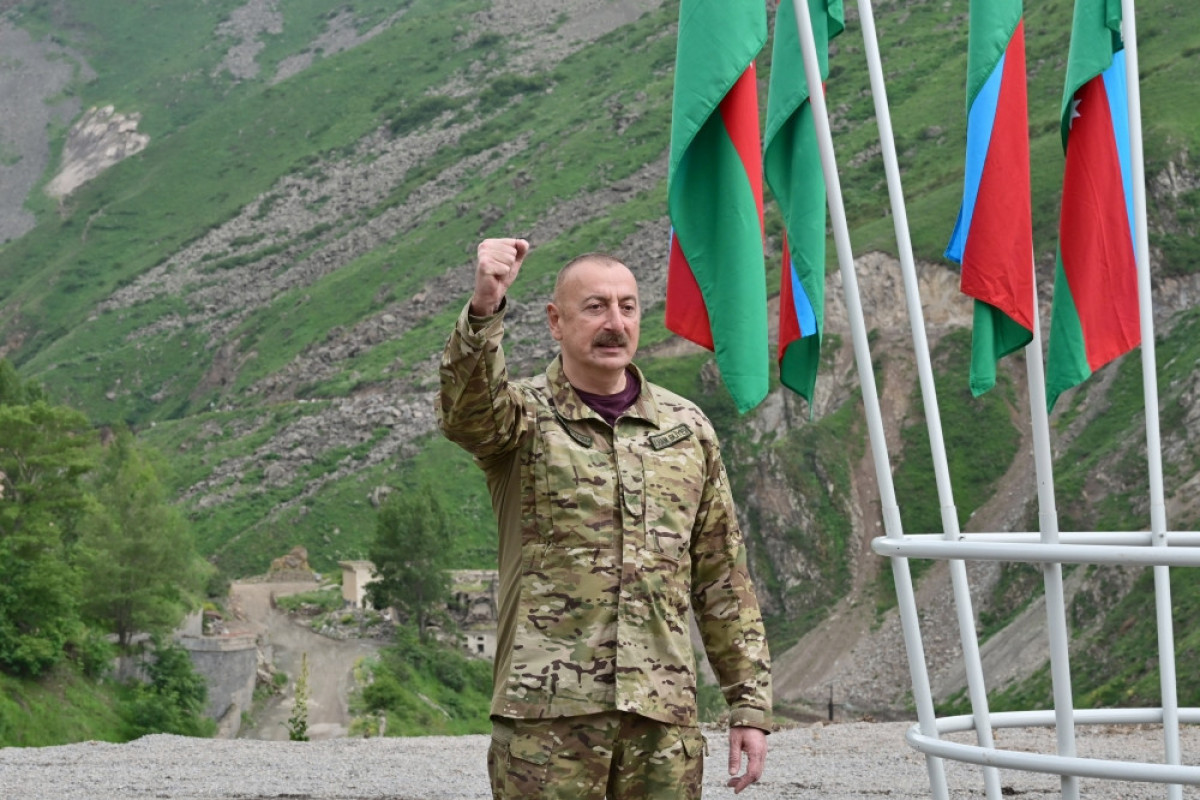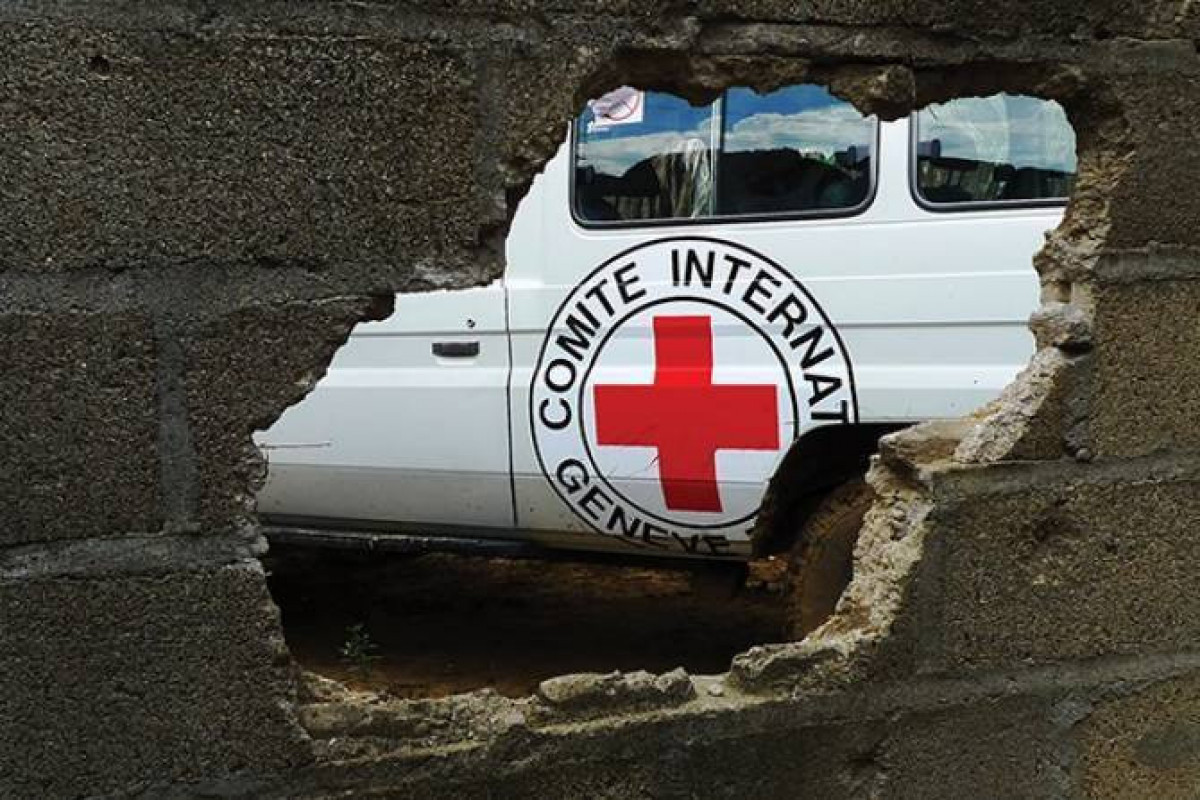Armenia has refused to use the rest balance of credit line, allocated by Russia for construction and renovation of Metsamor Nuclear Power Plant. The Armenian government thinks the use of other finance sources for implementation of remained works in the plant, will be more productive. Armenian Minister of Territorial Administration and Infrastructure Suren Papikyan said in his speech in Parliament on May 7 in this regard. Later, this idea was sounded in discussions held in Parliament on implementation of the budget project on June 9, 2019, once more. However, Papikyan noted at a press conference with Russian Embassy in Armenia in December of the last year that extension of financing the Metsamor was discussed and sides reached an agreement in this regard. It shows that although firstly, the Armenian government intended to extend the soft loan by Russia, later changed its opinion. Although the loan was not extended, reconstruction works will be controlled by Rusatom Service under the Rosatom, as it was earlier.
Metsamor is the only power plant in Armenia and was built in the 1970s. The activity of the plant was suspended after a strong earthquake occurred in Armenia in 1988. The activity of one of the nuclear reactors (second section) in the plant was resumed in 1995 due to the hard economic condition. This plant owns the largest share (40%) in Armenia’s electricity production. Control on management and activity of the plant is provided by Russia’s Rosatom State Company. As the operation period of the second section expired in 2016, Armenia intended to establish a new plant. However, due to the high cost of construction of a new plant (USD 5 billion) and lack of enough financial resources, the Armenian government had to implement the renovation of the acting section. Permission has been received from International Atomic Energy Agency for this and renovation works have been started.
At the end of 2014, Russia stated that it was ready to allocate loans in the amount of USD 270 mln and grant in the amount of USD 30 mln in order to reconstruct the second section and to ensure to extend the term of service until 2026. In February 2015 an agreement for obtaining loan and grant was signed. The loan was provided to Armenia on favorable conditions (annually 15%, maximum for 15 years). Despite reconstruction works are planned to end in 2019, it has not ended yet and USD 107 million of the total allocated funds have remained unused. Despite turbines and generators have been changed in the station, several upgrades works regarding the reactor have not ended, which play a main role in extending the term of service of the station. From April due to problems caused by the pandemic, reconstruction works in the station have been suspended. Because of Russian experts can not visit Armenia, it will lead to postponing the works for a longer period of time.
Armenia’s officials associate the non-extension of the agreement with various economic problems. One of the voiced statements is that so far Armenia hasn’t efficiently used the allocated credits, and the improvement of efficiency of use of these funds will allow for the development of additional financial sources for financing of the remaining works of the station. At the same time, such a statement is also voiced that the credits obtained by Armenia for other purposes but left unused will be used for financing of the station. Despite voicing of these statements, the economic factor that plays the main role is that Armenia tries to extend the determined period for repayment of the credit. The repayment of the credit issued by the renovation of the station should be started in 2020. Armenia’s government has appealed for an extension of the period of repayment of the credit, but no agreement has been reached in this regard. Thereafter, Armenia’s government refused to extend the credit agreement. Meanwhile, it is stressed in some sources that such an agreement has been reached. But the fact that Armenia firstly consented to the extension of the agreement, but later refused such consent also shows that the difference of opinions has emerged between the parties regarding time and new conditions of repayment of the credit. Otherwise, in the current difficult economic situation, Armenia would not refuse preferential credit.
On the other hand, as the renovation works implemented in the station have been suspended beginning from April, it is most likely that the station will not be ready for operation by the time when the credit repayment deadline comes up. Just for this reason, Armenia doesn’t want to return debt for uncompleted work and tries to extend the period of repayment of the credit. If the process of renovation of the station takes a longer time, this may result in the emergence of problems in the functioning of the station or suspension of its operation as the station is outdated. And this in turn may cause the emergence of problems in satisfaction of the increased demand for electricity that sharply increases in winter months. In such a case, Armenia’s government would both have encountered the electricity-related problems that may result in accrual of extra costs and would be forced to repay the credit in difficult economic situations.
Therefore, the Armenian government doesn’t want to extend the agreement and to increase its debts to Russia. On the other hand, the Armenian government doesn’t want to resort to additional borrowing as it is not yet clear when the renovation works in the station will be resumed.
If the funds offered by Russia are not used, we wonder, at the expense of which financial resources the renovation works in the station will be implemented. The state officials have voiced various statements in this regard. Some officials said the proceeds from the state budget, more exactly, the credits allocated at the expense of the budget funds will be used as the financial source. But currently, the economic environment developed in Armenia doesn’t allow for continuation of the works in the station. The decline in budget incomes and the allocation of funds for implementation of economic support programs have already caused emergence of problems related to budget execution and the government’s resorting to borrowing of foreign debts. At the same time, the interest rate of the credits issued at the expense of the budget funds (8-10%) is several times higher than the interest rate of the preferential credit offered by Russia (3%). Therefore, the implementation of the renovation works in the station at the expense of the budget funds doesn’t seem convincing. And another voiced statement is that the financing will be implemented by means of other unused credits. Although no detailed information has been provided in this regard, these credits are most likely the credits obtained from foreign countries and organizations. When such credits are issued, their purpose and spending mechanism are determined beforehand and after obtaining of such credit, the control over spending of the credit according to its purpose is conducted by creditor. Therefore, the statements regarding the credits left unused and changing of purpose of the credits set us wondering, and the suspicion arises regarding use of these statements as a pretext.
The voicing of the suspicious and inaccurate statements regarding new financial sources that will be used for renovation works testifies to the fact that the Armenian government hasn’t yet made a decision regarding which source it will use. And this, undoubtedly, may be associated with the existing economic problems and the lack of financial resources. It is claimed that Armenia’s refusal of the credit will exert a negative influence on its relations with Russia. But Armenia’s minister of Territorial Management and Infrastructure Suren Papikyan talking about this matter noted that this issue can’t impact negatively Russia-Armenia relations, and the friendly relations between the two countries are being continued.
Conclusion
All the statements noted by us give us grounds for saying that the weak credit repayment capacity and non-completion of the works play the main role in non-extension of the agreement.
In the currently existing economic conditions, Armenia in a best-case scenario may borrow a foreign debt for the continuation of renovation works in the station. And this will result in a further increase in the volume of the foreign debt that the government was going to borrow for implementation of the support programs and repayment of the budget deficit. At the same time, it is also worth mentioning that currently, in the conditions developed in connection with the pandemic worldwide, the attraction of credit funds is difficult and as early as in 2019, the European Union allocated to Armenia financial resources that are 60% less than the forecasted allocations. And this shows how little are the opportunities to use other financial sources for implementation of renovation works in Metsamor nuclear station. Therefore, if the Armenian government refuses Russia’s preferential credit due to the problems that may arise in the area of repayment of the credit, then the borrowing of credits from other sources may also create other economic problems. At the same time, the delay in the attraction of financial resources may pave way for emergence of problems connected with supply of energy to the population at the end of the year. Therefore, the problems related to Metsamor nuclear station will await Armenia in any case during the current year.





 ANALYSIS'>
ANALYSIS'>

